Eating with children
Eating with children isn't easy. They often don't finish their plate, argue a lot, complain that they don't like it, or don't want to leave the table. This blog will share some tips on how to best manage children at the table.
Tip 1: Less appetite, it's possible
Make sure the expectations you have of your child are realistic. Preschoolers often find it difficult to sit still for long periods. They are easily distracted. In addition, they quickly become restless and busy if they think the meal takes too long or is boring for them. There will be some things they won't like (yet). As long as you offer them a varied diet, there is no need to force them to eat something. All children have days when they are less hungry.
Tip 2: Eat at fixed times
It's best to eat three meals a day and also have a snack at fixed times in the morning and afternoon. Give your child a portion that you know he/she can eat. Let your child ask for more when he/she has finished everything. Explain to your child that he/she can only eat at these times and that he/she is not allowed to snack in between. It can be helpful to set a fixed time for the duration of the meal. Make it clear to your child how long the meal will take. Often 20 to 30 minutes is enough. It can be helpful to use a (cooking) timer for this.
Tip 3: Talk about table rules
Prepare your child for dinner so that he/she has time to finish what he/she is doing. Tell the table what rules there are. Limit yourself to 2 to 3 lines. When you tell about the rules, try to say what your child is allowed to do instead of what is not allowed. For example; 'stay put until you can leave the table', 'eat with a spoon or fork' or 'eat your mouth before you talk'. You can choose to let your child learn to name the rules themselves over time. Decide in advance how you will react to unwanted behavior. Tell your child what will happen if he/she does not follow the rules.
Tip 4: Reward your child
If your child follows the rules well, you may want to reward him/her extra for doing so. Tell your child what the reward is if he/she follows the rules while eating. For example: special drinks or food, a play after dinner, or an extra story before going to sleep.
Tip 5: At the table when the food is ready
Make sure everything you need is ready before you tell your child that he/she can sit at the table. This can prevent unnecessary waiting. Put your child in his/her chair when dinner is ready. Keep toys or other distracting things out of sight. For example, turn off the TV.
Tip 6: Ask and tell
Praise your child when they eat nicely and follow the rules. Encourage your child to only talk when their mouth is empty. Try starting a conversation by asking about your child's day. You can also share something about your day. This shifts the focus from how much they're eating to having a good time together.
Tip 7: Ignore small problems
It's best to 'ignore' small issues like whining, nagging, stalling, or playing with food. Eat quietly and don't look at your child. Keep this up until the problem stops. Then, involve him/her in the conversation again, for example. Be prepared that the behavior often gets worse when you start ignoring it. If you ignore the behavior for a while and then respond, your child will learn that he has to keep going. Of course, there are also behaviors that are difficult to ignore, such as repeatedly leaving the table to play with siblings or throwing toys. If this happens, tell your child to stop doing this immediately and tell him/her what he/she should be doing.
Tip 8: Stop unwanted behavior
Put your child aside if he/she doesn't do as you ask or doesn't follow the rules again. Tell your child what went wrong and what the consequences are. Place your child near you, on a chair. Tell your child that he/she must be quiet for 2 minutes before he/she can leave the seat. When sitting still, don't pay attention to your child. If your child can't sit still, use the timeout method. This means removing your child from the situation where the problem occurred. The purpose of this is to help your child calm down again. Take your child to an uninteresting area or room and tell him to be quiet for 2 minutes. Praise your child when he/she behaves well. You may need to repeat sitting still or time-out a few times before the unwanted behavior stops.
Tip 9: Compliment after meal
The meal should be over in about 20 or 30 minutes, or sooner if everyone is done eating. Remove the plates from the table, even if your child hasn't finished eating yet. After eating, tell your child what you thought went well during the meal. Praise your child and give them the reward you agreed on beforehand. Don't feed them again until the next meal. Or briefly describe the rule your child forgot and set a goal for next time. For example: 'Tomorrow we'll try again to stay at the table'.


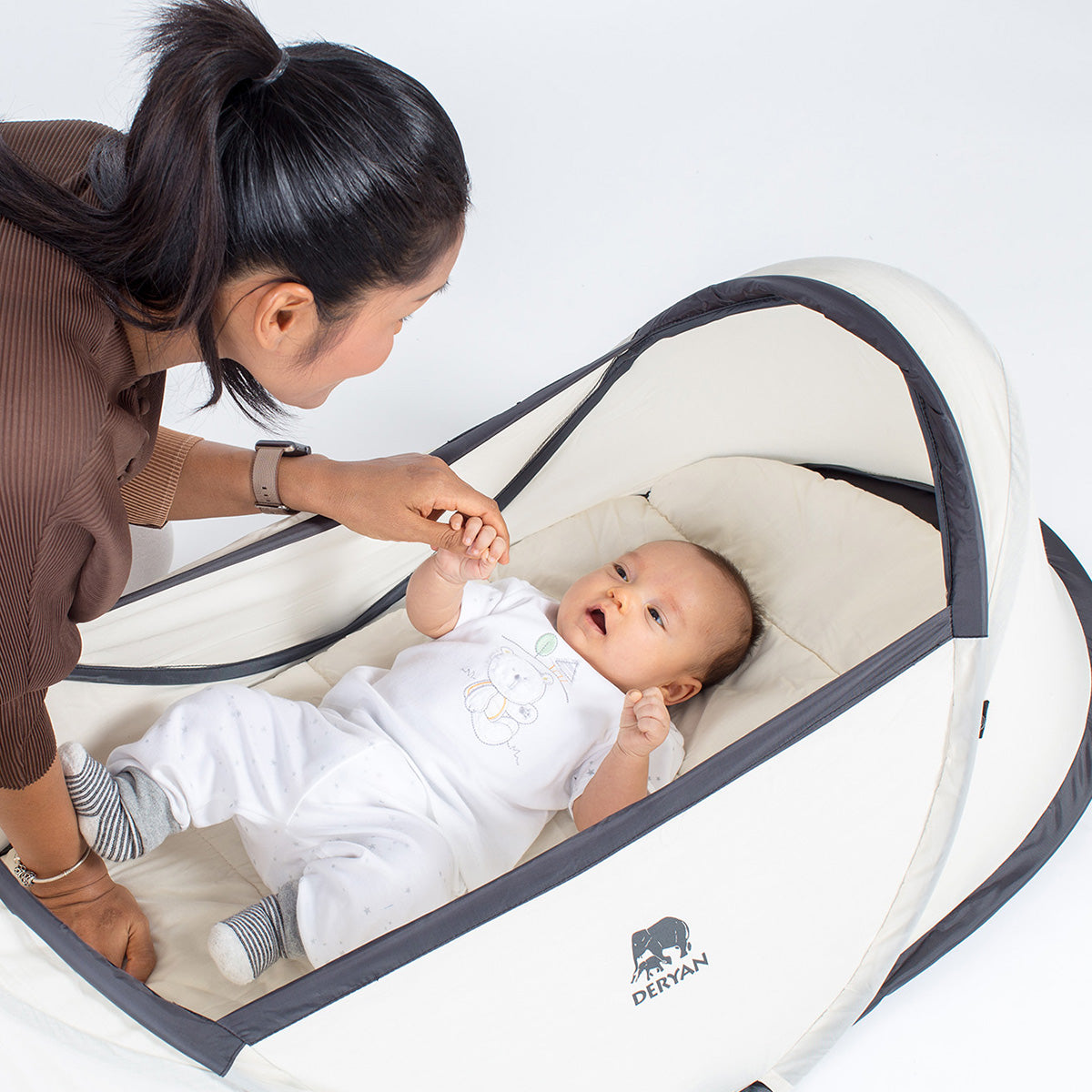




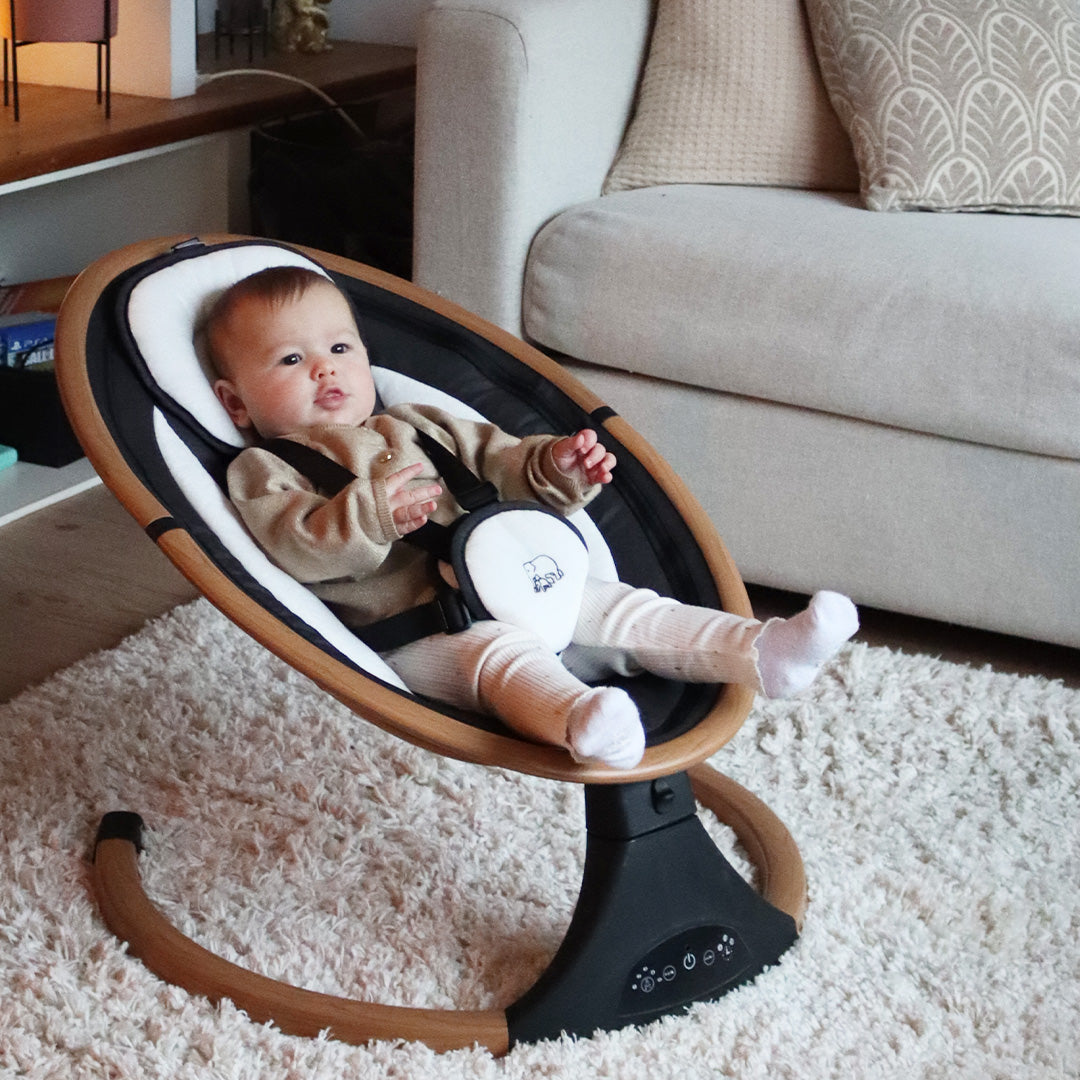
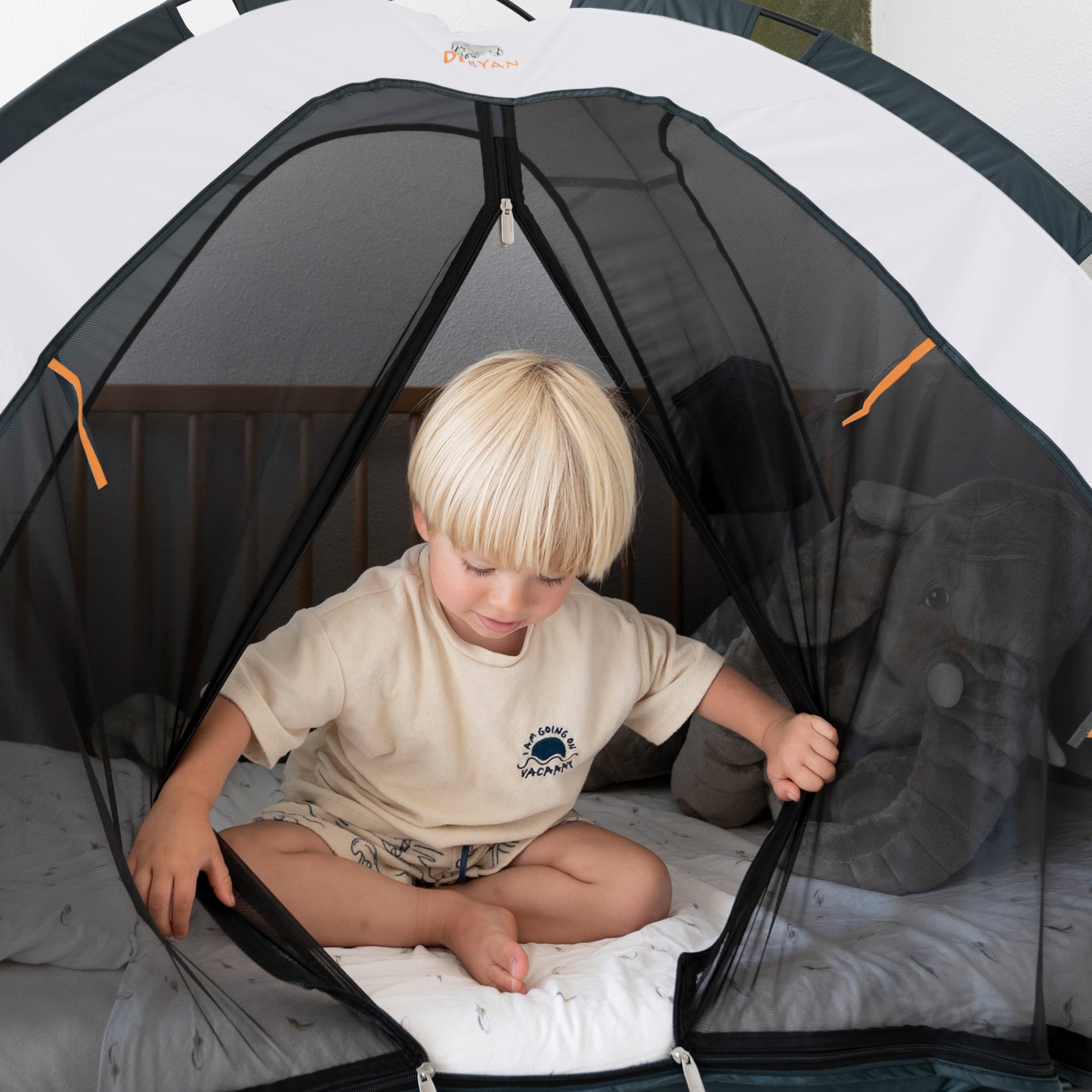



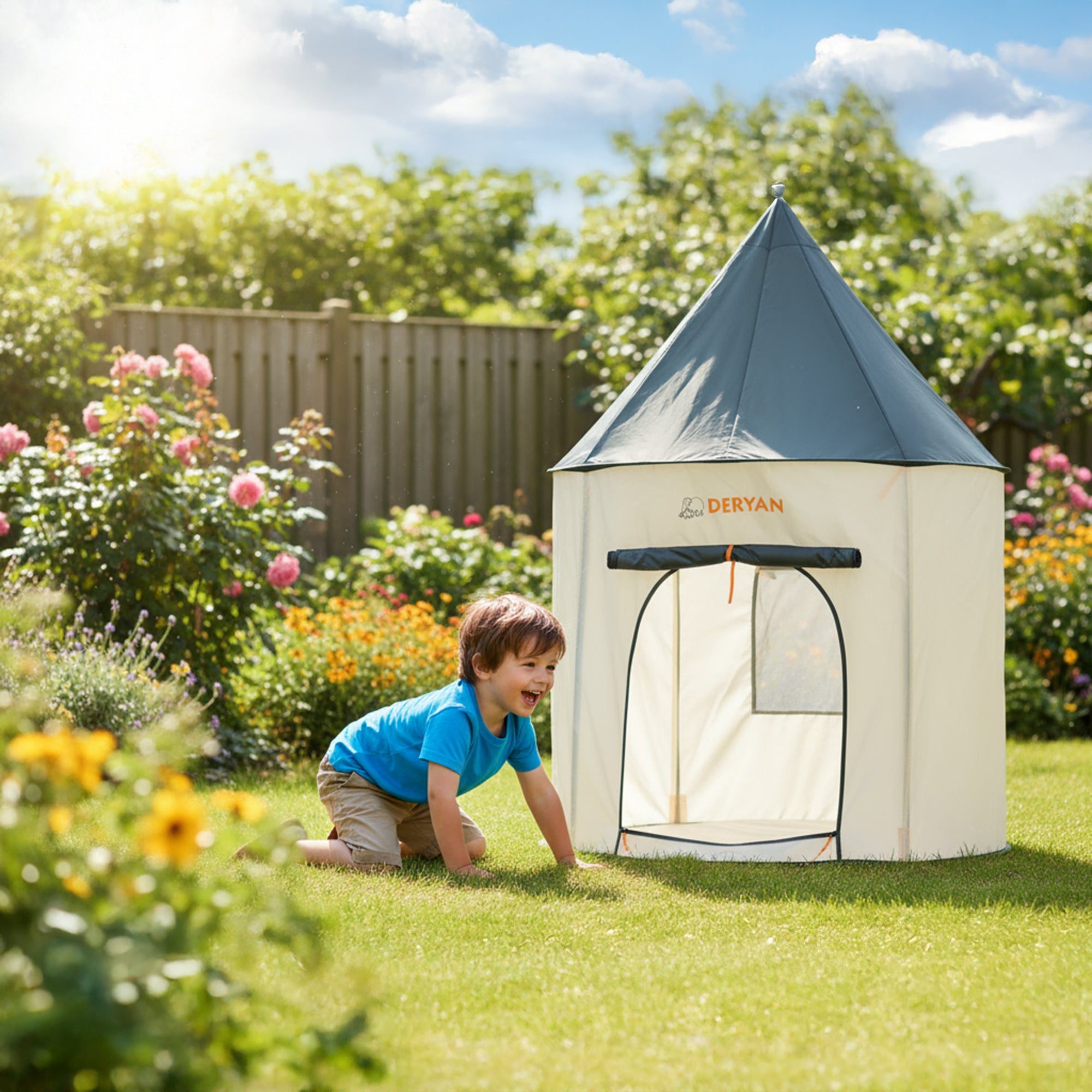










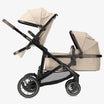

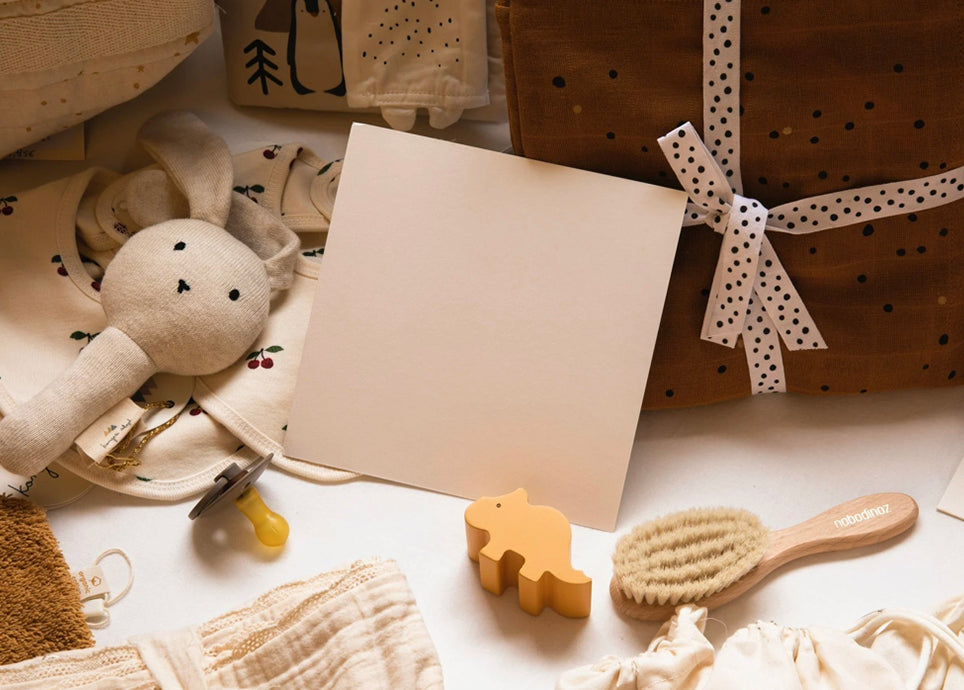













Leave a comment
This site is protected by hCaptcha and the hCaptcha Privacy Policy and Terms of Service apply.